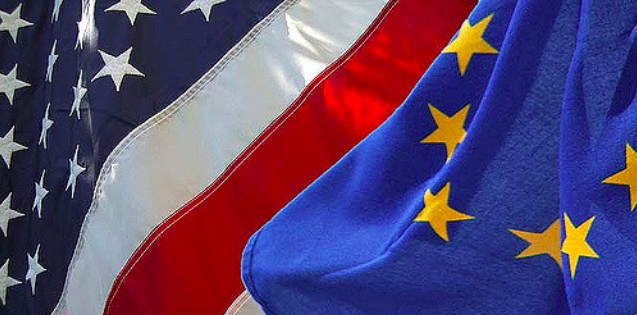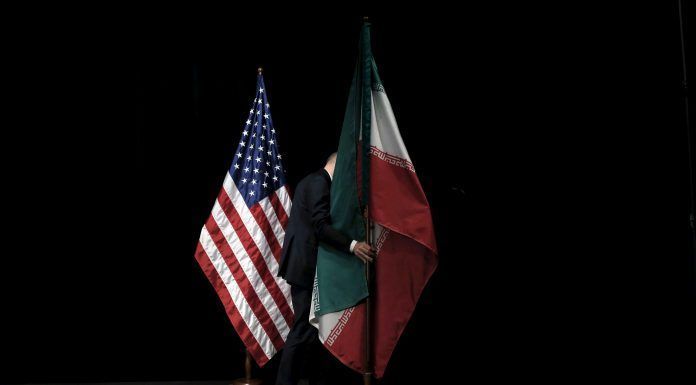WASHINGTON, May 8 (Reuters) – The United States on Wednesday threatened to impose more sanctions on Iran ‘very soon’ and warned Europe against doing business with Tehran via a system of non-dollar trade to circumvent U.S. sanctions.
The Iranian government announced earlier on Wednesday that it was reducing curbs to its nuclear program with steps that stopped short of violating its 2015 accord with world powers for now, but threatening more action if countries did not shield it from sanctions.
Tehran’s halt of compliance with some parts of the nuclear deal was “nothing less than nuclear blackmail of Europe,” Tim Morrison, Special Assistant to the President and Senior Director for Weapons of Mass Destruction, told a conference in Washington.
“Now is the time for the community of nations to strongly condemn Iran’s nuclear misconduct and increase pressure on the regime to comply with U.S. demands,” Morrison said, adding that Washington was not ‘done’ with sanctions on Iran.
“Expect more sanctions soon. Very soon,” he said.
Morrison said the United States would move quickly against any attempt by European countries to undermine Washington’s sanctions pressure onIran. He advised them against using the so-called Special Purpose Vehicle to facilitate non-dollar trade to get around U.S. sanctions.
“If you are a bank, an investor, an insurer or other business in Europe you should know that getting involved in the … Special Purpose Vehicle is a very poor business decision,” Morrison said.
President Donald Trump a year ago pulled out of the accord signed by Iran, Russia, China, Britain, France, Germany and the United States to put limits on Iran‘s disputed nuclear program in return for the lifting of sanctions.
The Trump administration says the deal, negotiated by his predecessor Barack Obama, was flawed as it is not permanent, does not address Iran‘s ballistic missile program and does not punish it for waging proxy wars in other Middle East countries.
Iranian President Hassan Rouhani announced changes that experts said seemed tailored to ensure Tehran avoids triggering the deal’s mechanism to punish it for violations, at least for now.
Washington’s European allies opposed Trump’s decision to withdraw from the agreement and have failed so far to find ways to blunt the economic impact of new U.S. sanctions, which include an all-out effort to block Iran‘s oil exports to starve its economy.
(Reporting by Jonathan Landay and Humeyra Pamuk; Editing by Chizu Nomiyama and Grant McCool)



